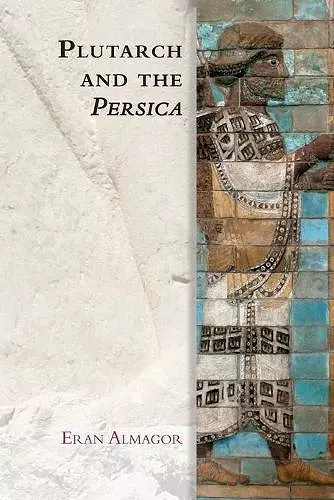Plutarch and the Persica
Format:Paperback
Publisher:Edinburgh University Press
Published:10th Nov '20
Should be back in stock very soon

Bridges the gap between Plutarch Studies and Achaemenid Studies through analysis of key texts This book addresses two historical mysteries. The first is the content and character of the fourth century BCE Greek works on the Persian Achaemenid Empire treatises called the Persica. The second is the method of work of the second century CE biographer Plutarch of Chaeronea (CE 45-120) who used these works to compose his biographies, in particular the Life of the Persian king Artaxerxes. By dealing with both issues simultaneously, Almagor proposes a new way of approaching the two entangled problems, and offers a better understanding of both the portrayal of ancient Persia in the lost Persica works and the manner of their reception and adaptation nearly five hundred years later. Intended for both scholars and students of the Achaemenid Empire and Greek imperial literature, this book bridges the two worlds and two important branches of scholarship.
The author is essentially successful in completing the two tasks he set out for himself at the inception. He manages to reveal several unknown features of the three lost Persica, as well as Plutarch’s methods of dealing with them. -- Takuji Abe, Kyoto Prefectural University * Bryn Mawr Classical Review *
The author is essentially successful in completing the two tasks he set out for himself at the inception. He manages to reveal several unknown features of the three lost Persica, as well as Plutarch’s methods of dealing with them. -- Takuji Abe, Kyoto Prefectural University * Bryn Mawr Classical Review *
Almagor provides a sophisticated examination of Plutarch’s Artaxerxes and the biographer’s adaption of earlier writers of Persica, like Ctesias and Deinon, for his own literary and biographical ends, thereby enhancing our understanding and appreciation of the character and historical value of these lost works and Plutarch’s own compositional method. -- Craig Cooper, University of Lethbridge
ISBN: 9781474480154
Dimensions: unknown
Weight: 533g
352 pages